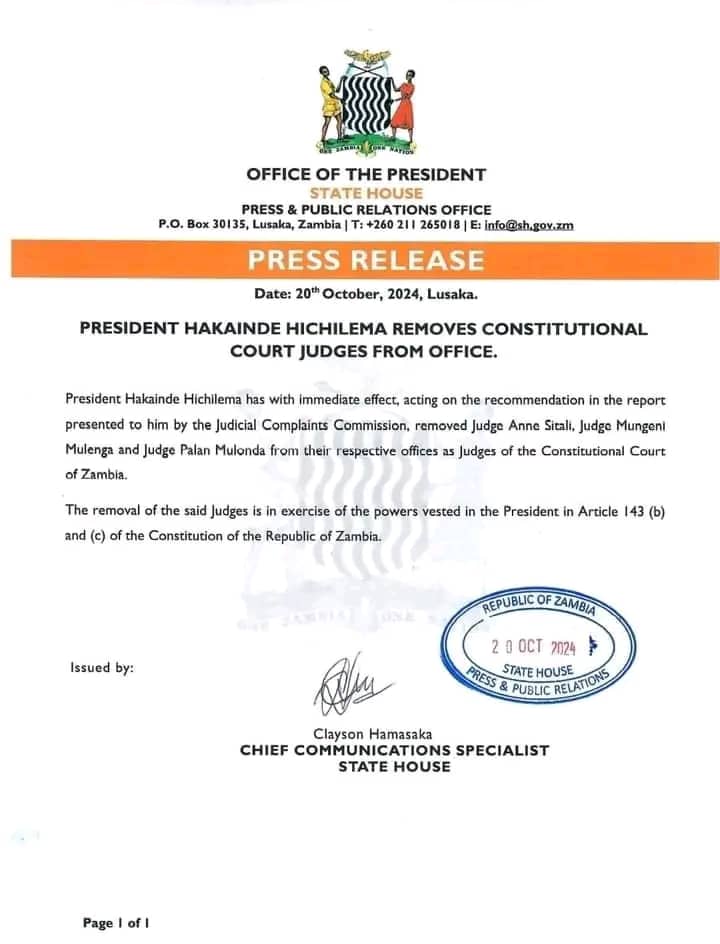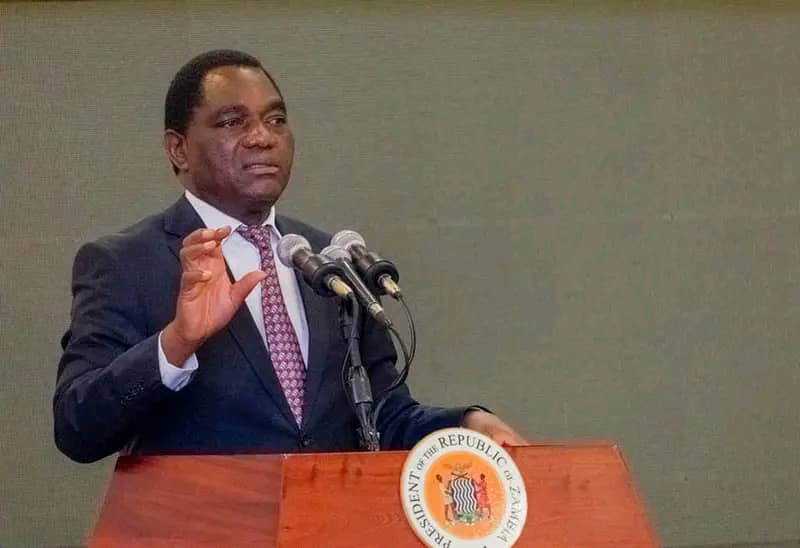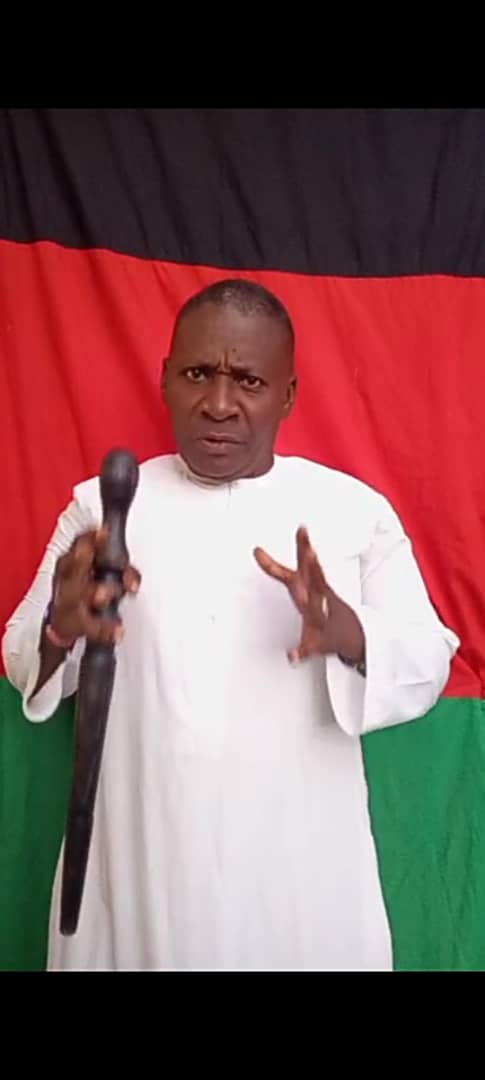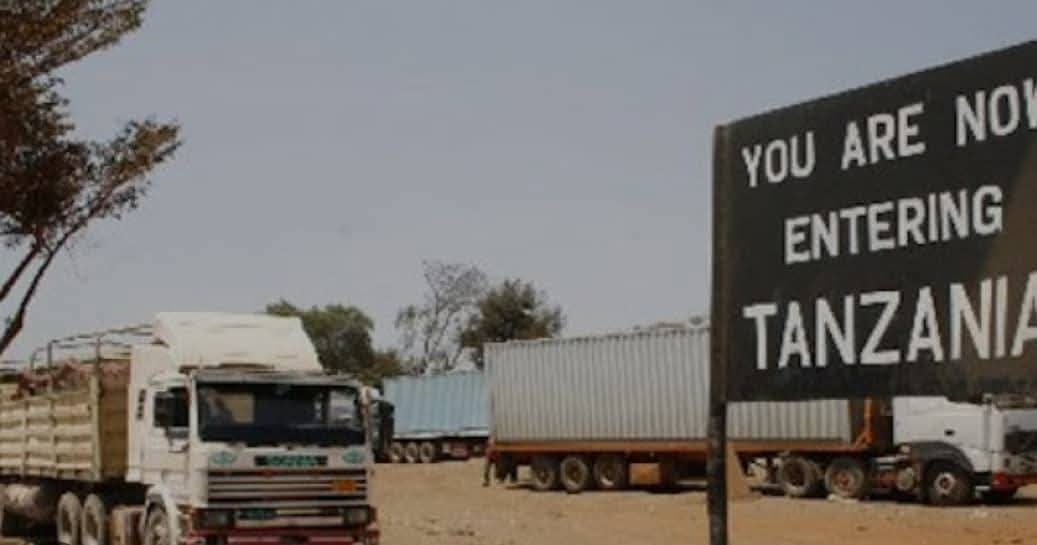By Burnett Munthali
The recent decision by Zambian President Hakainde Hichilema to remove Judges Mungeni Mulenga and Palan Mulonda from their positions on the Constitutional Court represents a pivotal moment in the country’s judicial landscape. Acting on recommendations from the Judicial Complaints Commission (JCC), this move not only underscores Hichilema’s commitment to judicial integrity but also raises critical questions regarding the balance between executive authority and judicial independence in Zambia.
President Hichilema’s actions are grounded in the powers granted to him by Article 143 (b) and (c) of the Constitution of Zambia. These provisions allow for the dismissal of judges based on the findings of a judicial inquiry, emphasizing the need for accountability among the judiciary. The constitutional framework is designed to protect the rule of law and maintain public confidence in judicial processes. By adhering to these legal stipulations, Hichilema reinforces the legitimacy of his actions, framing them as necessary for upholding judicial standards.
The removal of Mulenga and Mulonda signals a significant stance against any potential misconduct within the judiciary. The president’s willingness to act upon the JCC’s recommendations reflects a proactive approach to addressing concerns related to judicial conduct. In a country where public trust in institutions has been waning, this decision may serve to restore confidence in the judiciary by demonstrating that no one is above the law, including those in judicial positions.
Public reactions to the removals have been varied. Supporters of the president view this as a necessary step toward reforming a judicial system that has been criticized for corruption and inefficiency. They argue that maintaining high standards within the judiciary is essential for fostering an environment where justice can be administered fairly and transparently.
Conversely, critics express concerns about potential political interference in the judiciary. They argue that while accountability is vital, the removal of judges should not be perceived as a tool for political retribution. This sentiment is particularly pertinent in Zambia’s current political climate, where the balance of power between the executive and judicial branches is under scrutiny. The fear is that such actions could set a precedent for future administrations to wield similar powers to dismiss judges, thereby undermining judicial independence.
President Hichilema’s administration has articulated a broader vision for judicial reform, seeking to enhance the efficiency and integrity of the legal system. This incident can be seen as part of a larger agenda to tackle systemic issues within the judiciary, including corruption, inefficiency, and lack of accountability. By taking decisive action against judges whose conduct has been questioned, Hichilema is attempting to pave the way for a more transparent and accountable judicial system.
However, the challenge lies in ensuring that this reform agenda does not compromise the independence of the judiciary. Effective judicial reforms must strike a balance between accountability and autonomy, allowing judges to operate without undue influence from the executive branch.
In conclusion, the removal of Judges Mungeni Mulenga and Palan Mulonda by President Hakainde Hichilema marks a crucial development in Zambia’s judicial landscape. It highlights the delicate interplay between the executive’s duty to uphold judicial standards and the necessity of maintaining judicial independence. As Zambia navigates this complex terrain, the implications of these actions will be closely watched, both domestically and internationally. Ultimately, the effectiveness of this decision will depend on the government’s commitment to ensuring that reforms are implemented with a focus on transparency, accountability, and respect for the rule of law.





